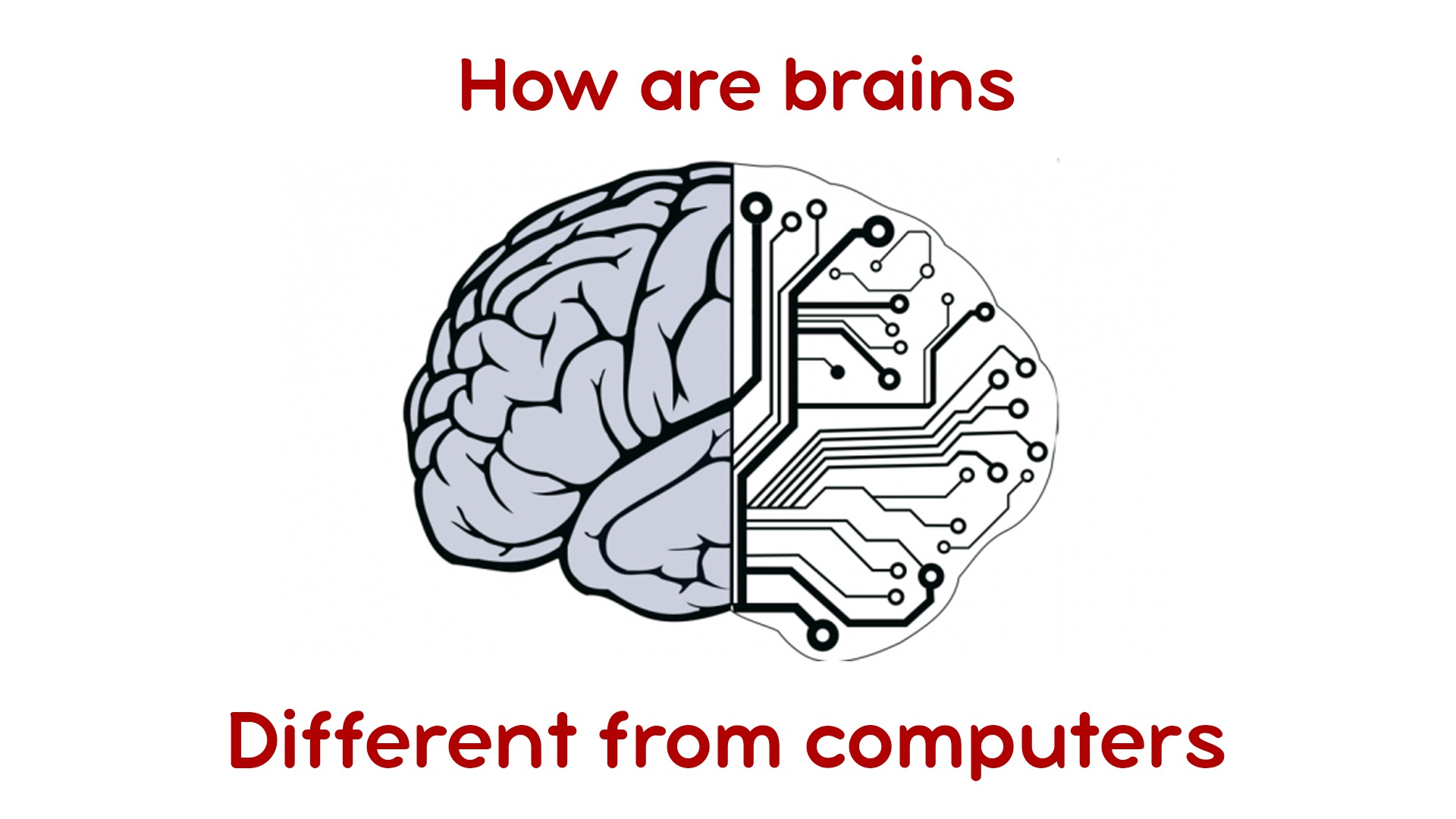Most people think of computers and brains as very similar things – after all, they both process information and allow us to do complex tasks. However, there are some key ways in which brains differ from computers. For one thing, brains are much more energy-efficient than even the most advanced computer. They also have the ability to learn and change over time, whereas computers operate based on pre-programmed instructions. Finally, brains can store vast amounts of information in a way that is far beyond the capacity of even the largest computer. In short, while computers are impressive machines, they pale in comparison to the human brain!
Brains are organic and computers are inorganic
Brains and computers are two vastly different types of objects yet they each, in their own way, share similarities. Brains are composed of organic material, while computers are constructed from inorganic materials. The brains of animals provide a complex layer of cognitive thinking and reasoning that no computer can ever match. On the other hand, computers have been designed to handle large data sets faster than a brain ever could. While humans will always have the upper hand in creative thinking, computers reign when it comes to quickly combing through mountains of facts and figures. Both minds and machines have a place at the table when it comes to accomplishing tasks not just for individuals but for entire countries as well.
Brains use electricity, but computers use silicon
When you compare brains to computers, one key difference is the material used to process information. While brains use electricity to transfer signals and process thoughts, computers take a different path. Instead of electricity, they rely on silicon – an element made up of carbon and oxygen – to compute data. To power these calculations, millions of microscopic transistors are etched into this silicon, allowing computers to crunch through enormous sets of data faster than any human could ever imagine. Despite their different approaches, however, both machines and humans serve a similar purpose: processing information in order to explore and learn about the world around us.
Brains are analog and computers are digital
It’s interesting to think about the way our brains and computers process information. Our brains store, think, and access information in an analog way while computers are digital – meaning they need to deal with discrete points of data. Human cognition is more dynamic, continual, and capable of making links between seemingly unrelated facts while computers are more limited in their abilities. We may not be able to make a computer as advanced as our brain, but the power of one complements the other in so many amazing ways that help us understand both ourselves and the world around us.
brains have plasticity and computers do not
We often think of the human brain as a physical organ similar to a computer, but that’s far from the truth. While our brains do contain hardware and software, what sets them apart from computers is their plasticity – their ability to learn and adapt throughout life. This means we can form new neurons, learn new skills, and adjust our responses based on our environment. On the other hand, computers are made up of parts that are programmed to perform specific functions – they can absorb information but not really ‘learn’ in the same way humans do. It’s an incredible thing that our brains have such versatility and capability!
brains can learn and remember, while computers only store information
The human brain is an incredible piece of machinery capable of advanced functions that astound scientists to this day. While computers are lightning-fast at retrieving and transferring vast quantities of data, they will never have the remarkable ability that our brains possess to learn and remember information. Our brains quite efficiently process large amounts of complex data – much more so than any computer could – and compactly store it all securely in our long-term memories, allowing us to call upon those stored experiences for future use. It’s what allows us to draw analogies, apply problem-solving skills, or perform otherwise cognitively complicated tasks with ease. Computers can store a great deal of information, but the difference between their storage capacity and our own is truly astounding!
brains can be creative, while computers cannot
We as humans have a marvelously creative brain. It can take some of the most mundane ideas, and turn them into something completely unique and extraordinary. Computers, unfortunately, are not nearly as gifted in this area. Although computers can store immense amounts of data, compute equations with lightning speed, and stay consistent in performing tasks, they lack the ability to come up with something truly unique on their own. So be thankful for our brains’ creativity – without it, we would be stuck with stale and overdone ideas!
In conclusion, it is evident that brains are far more complex and interesting than computers. While they may share some similarities, the vast majority of ways in which they differ show how big the gap is between human intelligence and artificial intelligence. It seems clear that for now at least, humans will continue to reign supreme when it comes to creativity, learning, and organic memory.







